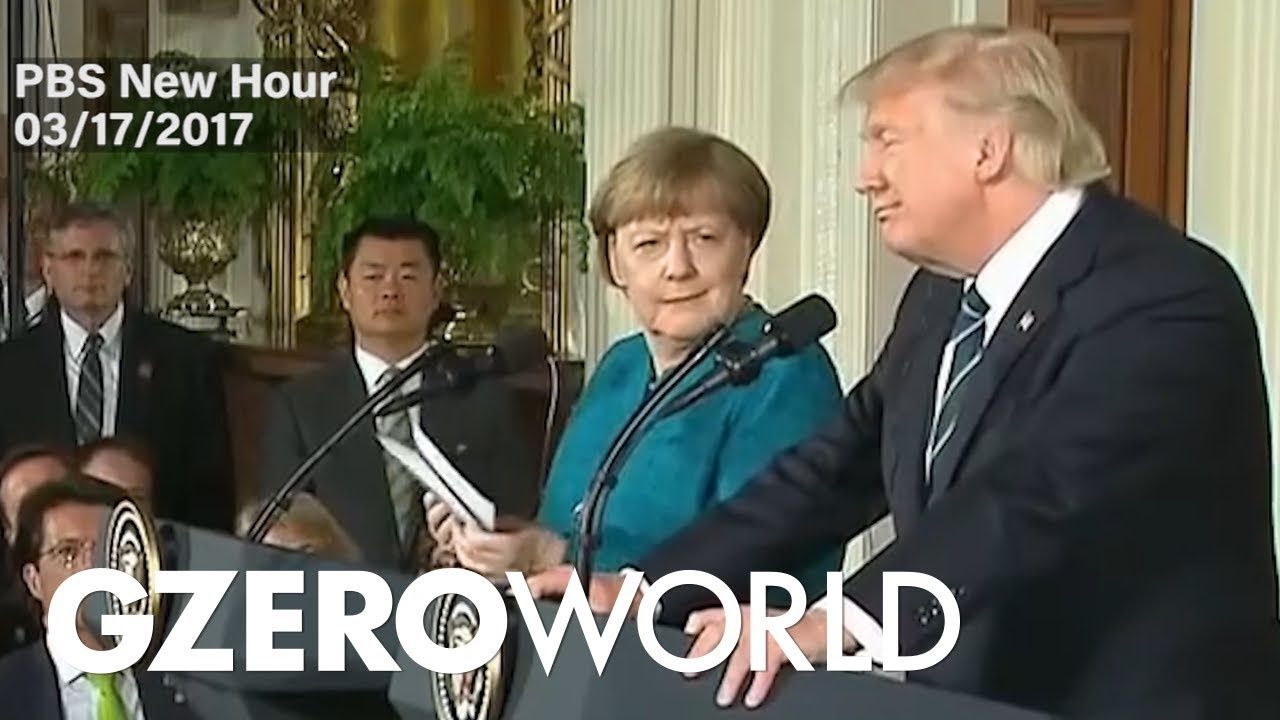
How Trump Is a 'Wake Up Call' for Europe
Karl Theodor zu Guttenberg, former Defense Minister of Germany, discusses how Trump's behavior toward allies has led to a lack of trust, but has also been a rude awakening for some German and other European politicians to take on issues directly rather than relying on the U.S. "Let's finally get to terms with things we should have done by ourselves already for decades," Guttenberg states. "Let's do create a European structure for our armed forces and let's do create ideas for how to deal with our neighborhood without the US."